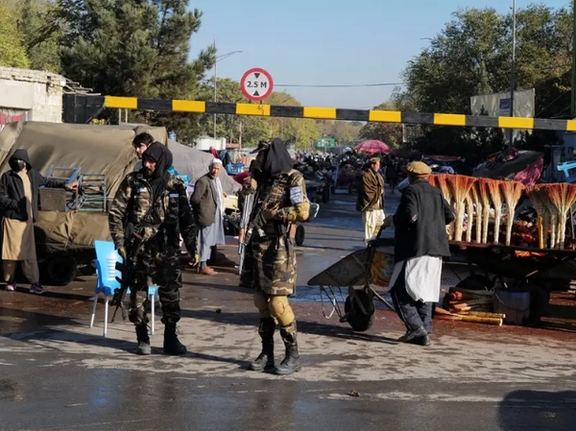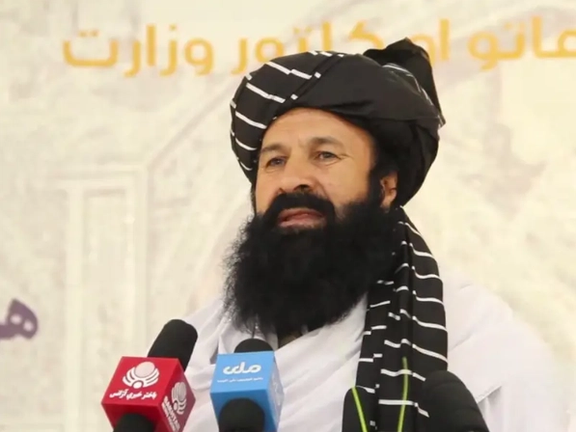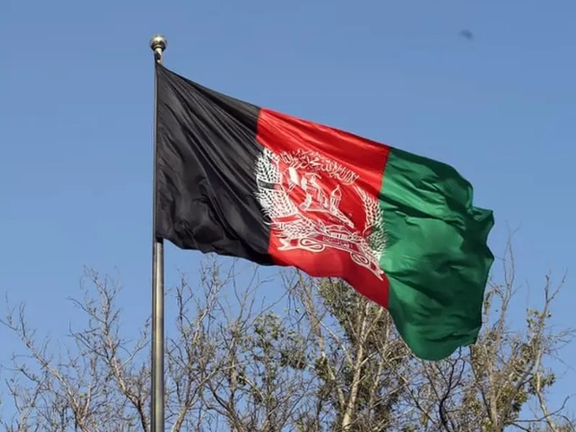Afghanistan International had access to an early draft of this joint statement, which outlined the groups' collective dissent against the Taliban's invitation to the Doha gathering.
Released on Thursday, the document critiques the current situation in Afghanistan under the Taliban rule, spotlighting issues such as "the denial of fundamental rights, war crimes, abductions, torture, killing of women and former government associates, imposition of gender apartheid, acts of genocide, forced migrations, and the appropriation of properties of native populations across different regions of Afghanistan, alongside the cultural antagonism" and the Taliban's backing of terrorist organisations.
The political entities assert that extending invitations to the Taliban for international forums would only embolden their violent conduct.
They have urged the United Nations to ensure the inclusion of all significant Afghan political sides in the Doha meeting, aiming to pave the way for "establishing a government that reflects the people's will”, through a comprehensive national process.
The statement highlights the critical nature of continuing humanitarian aid to Afghanistan, distinguishing between “humanitarian assistance for the needy and economic interactions with the Taliban group”.
Furthermore, the statement calls for a halt to any political or diplomatic engagements with the Taliban without the representation of the Afghan populace, echoing the demands of political groups and the general public for consideration at the Doha meeting.
The anti-Taliban factions and protesting women in the statement convey that "collaborating with the Taliban would not serve the Afghan people's interests and would instead stir the group further away from humanitarian principles."
These groups have also announced their readiness to collaborate with the UN's special envoy to Afghanistan, with an anticipation for a decision regarding this envoy's appointment at the Doha meeting.
Signatories of this statement include the Afghanistan Freedom Front, National Resistance Front, women's protest movements, Islamic Unity Party, National Resistance Council for Salvation of Afghanistan, Islamic Party, Jamiat-e-Islami, National Islamic Movement Party, Dawat-e-Isalmi, and the Islamic Unity Party of the People of Afghanistan, among others.
The Justice and Freedom Party, the Greater Eastern Council, the Greater Kandahar Council, the Greater Northern Council, the Process for Protecting the Values of Jihad and Resistance of the People of Afghanistan, and the People's Solidarity Party of Afghanistan have also endorsed this statement.
Scheduled for February 18, and 19, the Doha meeting on Afghanistan, under the auspices of UN Secretary-General António Guterres, will witness participation from special representatives of over 20 countries.
Stéphane Dujarric, the Secretary-General's spokesperson, affirmed the UN's objective to foster a unified strategy towards engaging with the Taliban at the Doha meeting.






